Banned Books Week: “Ender’s Game” by Orson Scott Card Review
The YA Science Fiction Classic Leaves a Complicated Legacy
“Ender’s Game” by Orson Scott Card is a science-fiction novel about Earth’s retaliation efforts in the wake of an alien invasion that was successfully fended off. Upon its release it was heralded as an important moment for science fiction, and brought the genre to a generation of adolescent and young-adult readers.
Many students at Armstrong may recognize the novel from one of their high school or middle school required-reading lists. It is a very popular book for teachers to assign their students due to the accessible nature of its prose while still highlighting difficult, mature themes.
As someone who loved this book dearly growing up, it’s an especially difficult one to revisit. Much has been made about Orson Scott Card’s views of and against homosexuality, and in today’s culture these views are impossible to ignore. One especially frustrating aspect of Card’s viewpoints are that they conflict with what makes “Ender’s Game” such a great read.
“Ender’s Game” deals with huge, existentialist themes that scale with its plot. The story follows a young boy, Ender, who is selected along with others as a potential military leader in the fight against an alien civilization, referred to colloquially as “Buggers.” Ender goes through a series of “games” that are intended to train him to defeat this existential threat.
As Ender and his friends progress through the games, they get more and more challenging, with consequences continuing to grow. Eventually, Ender learns that the games he played had massive, irreparable consequences on an unimaginable scale.
These consequences led to this book being commonly banned, especially since the book is intended for younger audiences. Many would argue that young readers should not be exposed to scenarios that fictionalize a massive loss of life.
The novel does not glorify acts of war, however, and instead focuses on how we measure life, especially when the life we are valuing is that of a perceived enemy or threat. It uses them brilliantly, and forces Ender, as well as the reader, to decide what actions could be considered moral or immoral when faced with potential danger.
This brings back the topic of Card’s personal views. It’s difficult to accept that a novel focused so narrowly on the value of life could be written by someone who is unable to accept the sexual identity of millions of humans. It does not seem to add up mathematically, but that is the reality of this situation.
Many fans of many different works of art are familiar with the fact that sometimes we have to enjoy the art without the context of the artist, but with the internet at our fingertips this can be a very difficult task to perform.
It is eventually up to the reader to decide how they feel about the personal viewpoints of the authors they read. This example provides a particularly perplexing account of how that may happen.



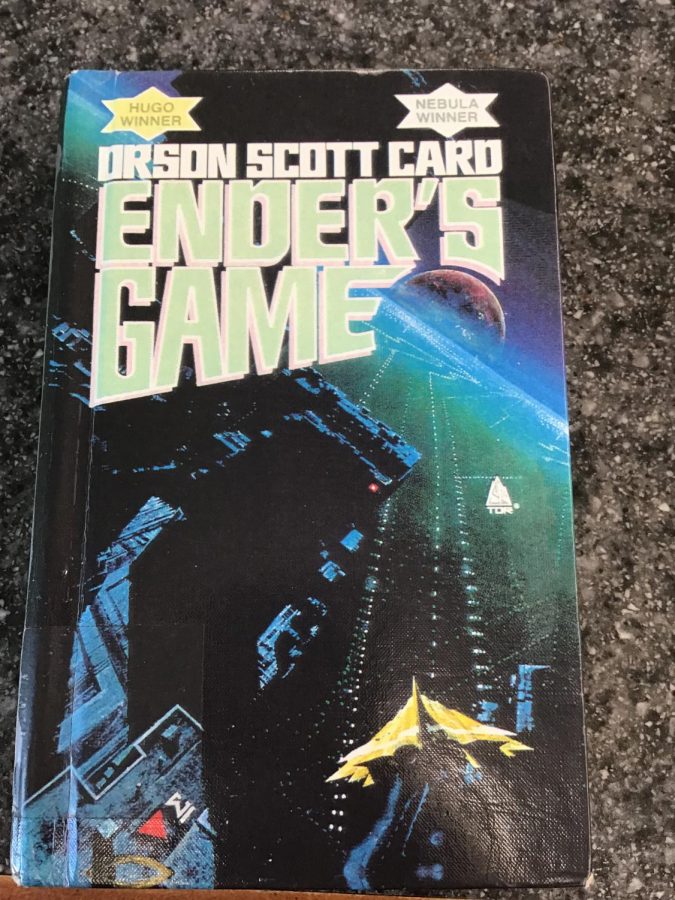
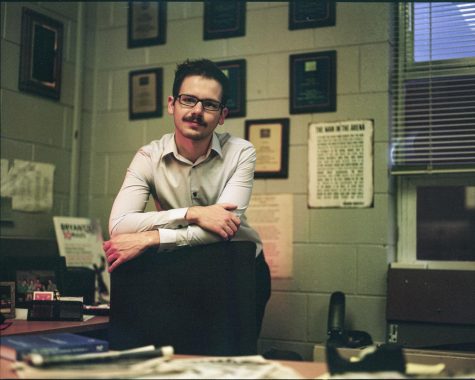
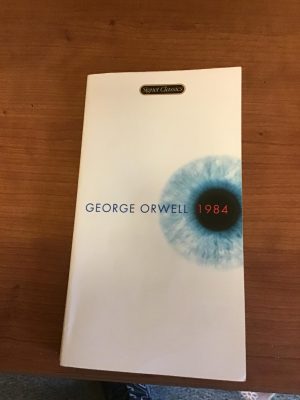
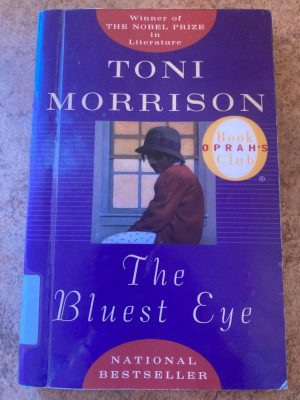
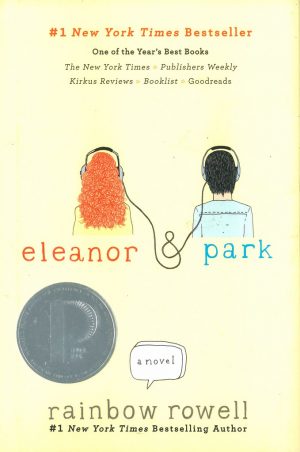

Rick M. • Jan 10, 2022 at 9:05 pm
My take is that anyone’s preoccupation with Card’s views on ANYTHING are completely beside the point. Enjoy the book. We all have our own shortcomings. This is akin to having a brilliant surgeon save you in the operating room, but then finding out later he’s a racist. Well, you didn’t go to him for political advice, you went to get an operation. His racism didn’t affect the work he did in the operating room. Judging others for how they judge others is a waste of time.
Annette • Nov 13, 2021 at 2:26 am
It is indeed difficult to accept that “Orson Scott Card” is unable to accept the sexual identity of millions of humans. It does not seem to add up mathematically.
Have you considered the possibility that Card actually is more than able to accept it (see what his friend Janis Ian has to say about him).
The media labeling Card as a “homophobe” is akin to Ender being labeled as a “Xenocide” or Alvin being labeled as a “pedophile” and “Renegado”?
Justin K. • Oct 25, 2021 at 3:28 pm
Isn’t it worrisome when one’s moral and ethical ideals match so closely with trans-national mega-corporations h.r. departments?
Dr. P. Peepoo poo Ph.D • Jul 15, 2022 at 12:51 pm
not at all.